From Fiction to Function

As technology rapidly evolves, the integration of artificial intelligence (AI) into our homes is no longer a question of 'if' but 'when'. Based on current technological trends and expert predictions, let's explore a realistic scenario of how AI could transform our households and influence the next generation's relationship with technology.
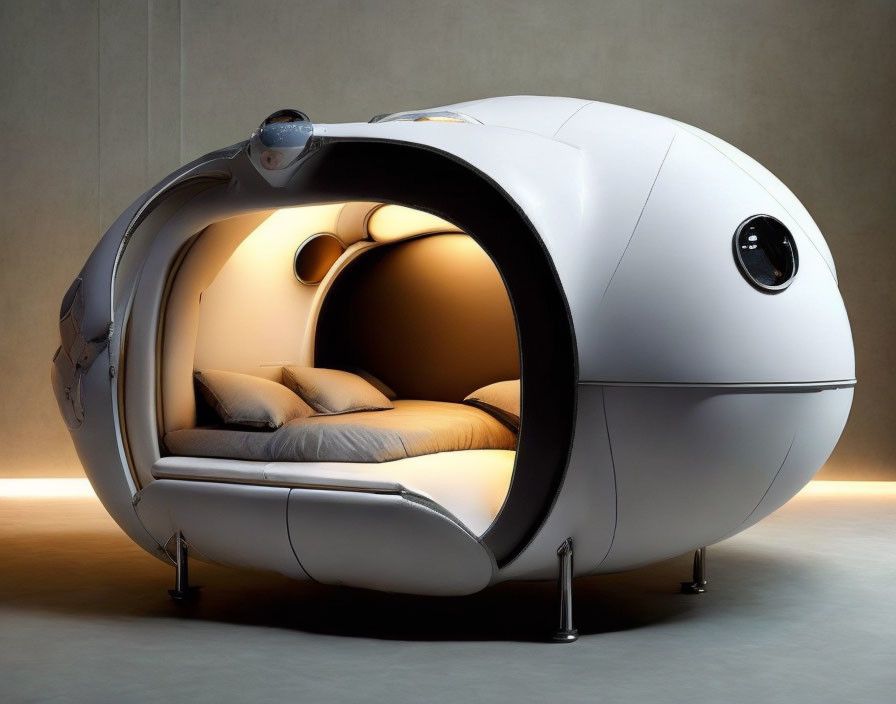
Today, smart homes are becoming more prevalent, powered by devices like Amazon's Alexa and Google Home that respond to voice commands. As we move into the future, it's plausible that these AI-driven systems will evolve beyond simple voice commands to learn our schedules, control household utilities, and streamline our daily routines.
In our future kitchens, AI will play the role of a digital assistant, helping manage grocery lists or suggesting recipes based on available ingredients and our budget. Intelligent systems like Samsung's Family Hub are early examples of such innovations.
AI's potential extends to personal health and wellness, too. We're already seeing smart watches using AI to provide personalized workout suggestions. The future of AI smartwatches holds immense potential for transforming numerous aspects of our lives. These devices are evolving beyond mere fitness tracking to become comprehensive health and wellness monitors. Innovations like electrocardiogram (ECG) monitors and blood oxygen level detectors are turning smartwatches into potentially life-saving devices, alerting wearers to potential health issues before they become serious. They can also aid in managing chronic conditions, like diabetes, by tracking glucose levels.
For the elderly, features like fall detection and emergency SOS can provide a sense of security. As we continue to see advancements in AI and wearable technology, the potential for personalised healthcare on our wrists is vast, bringing about a future where preventative healthcare and early detection become the norm, rather than the exception. AI-powered chat bots for mental health support, such as Woebot, are also gaining recognition.
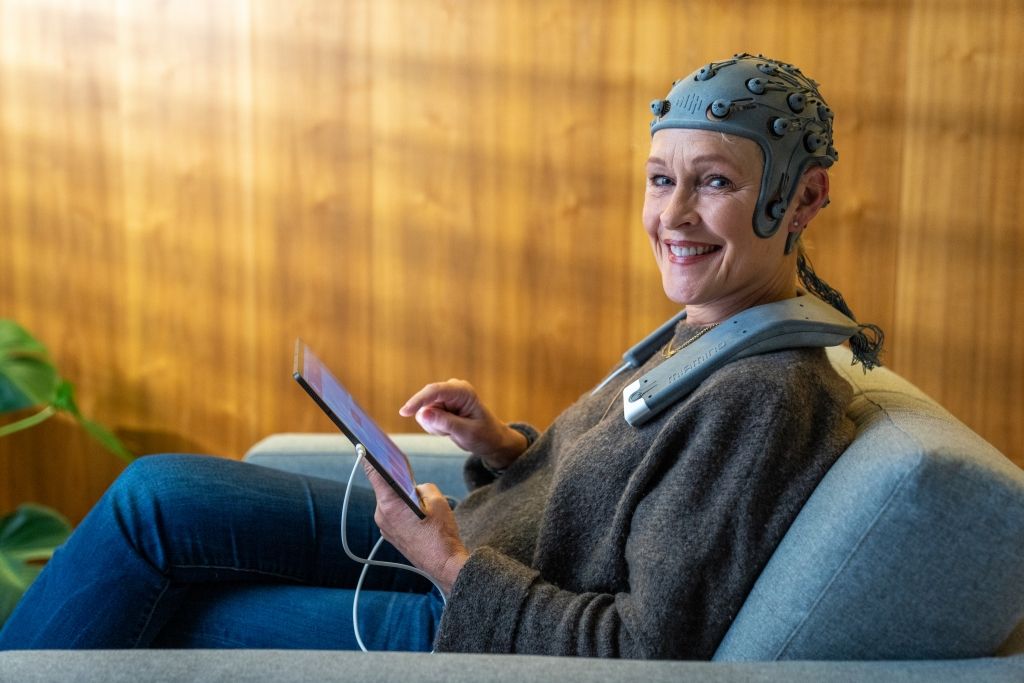

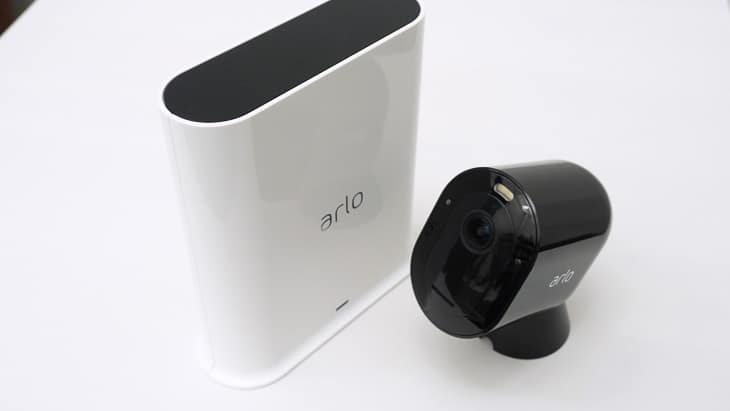
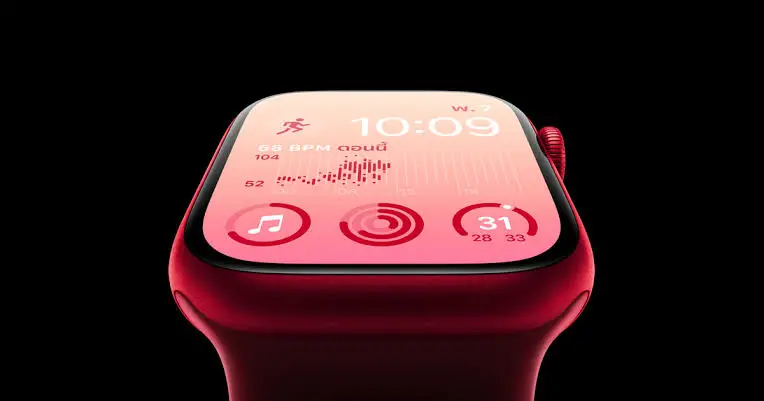
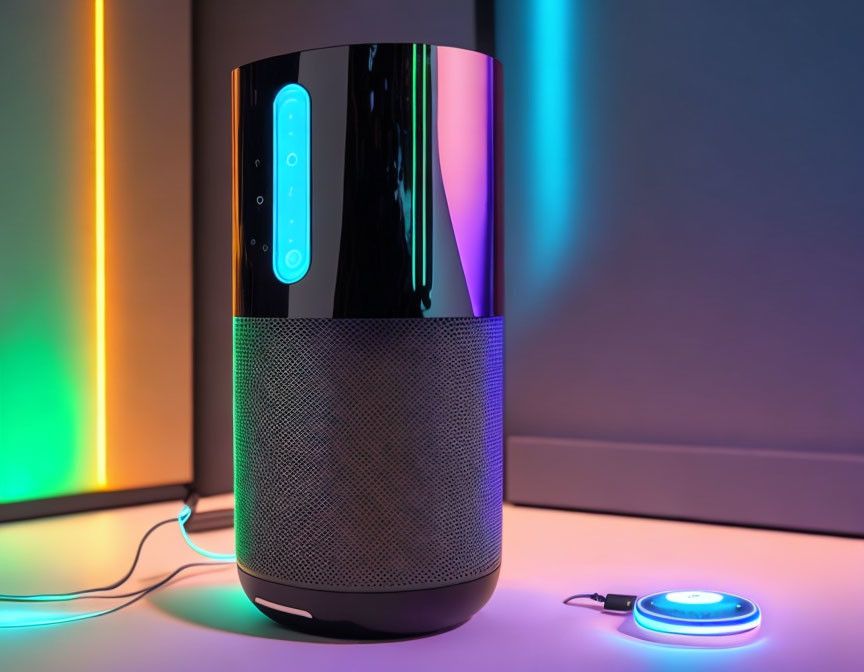
Education stands to benefit enormously from AI. AI-powered educational software, like Carnegie Learning's MAT0Hia, offers personalized learning experiences, adjusting teaching methods to cater to each student's needs.
For the next generation, growing up in an AI-integrated environment will lead to a more tech-savvy populace. However, as reliance on AI increases, teaching children about responsible AI use, privacy, and data security becomes imperative.
There are challenges to consider, though. The privacy and security issues linked with AI need addressing. Instances of smart home devices being hacked have been reported, raising questions about the security of integrating AI into our homes. Additionally, ensuring the affordability and accessibility of AI technology is vital to prevent a digital divide.
In conclusion, the future household isn't just about smarter homes; it's about nurturing a generation that can harmoniously and safely coexist with AI. While challenges lie ahead, responsible and informed integration of AI in our homes holds promising potential to make our lives more convenient and efficient. The next generation is poised to be at the forefront of this technological frontier, redefining our concept of 'home sweet home'.
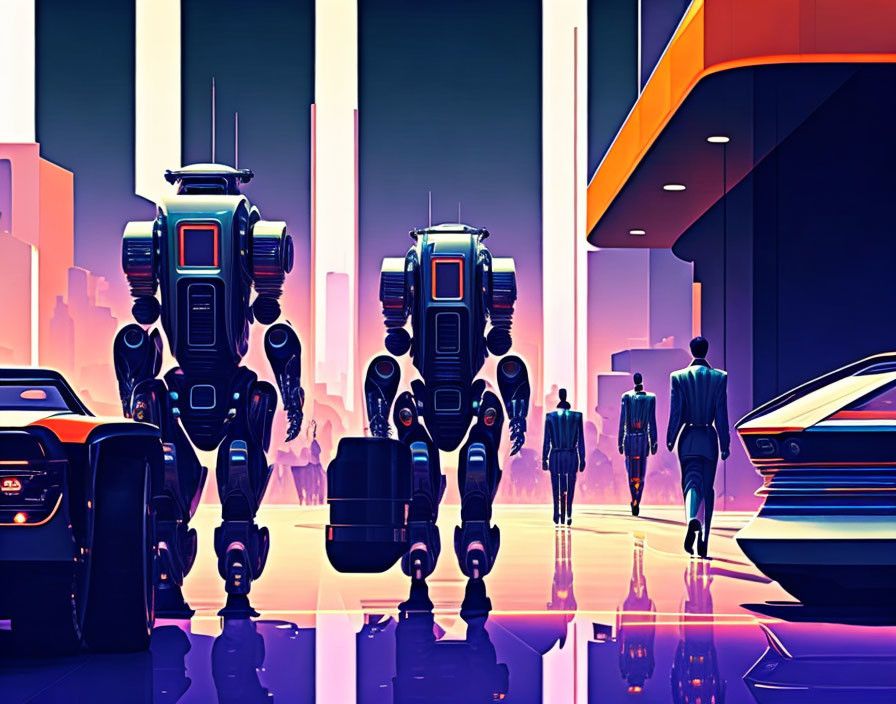

Comments ()